Columbia College | Columbia University in the City of New York
Bookshelf
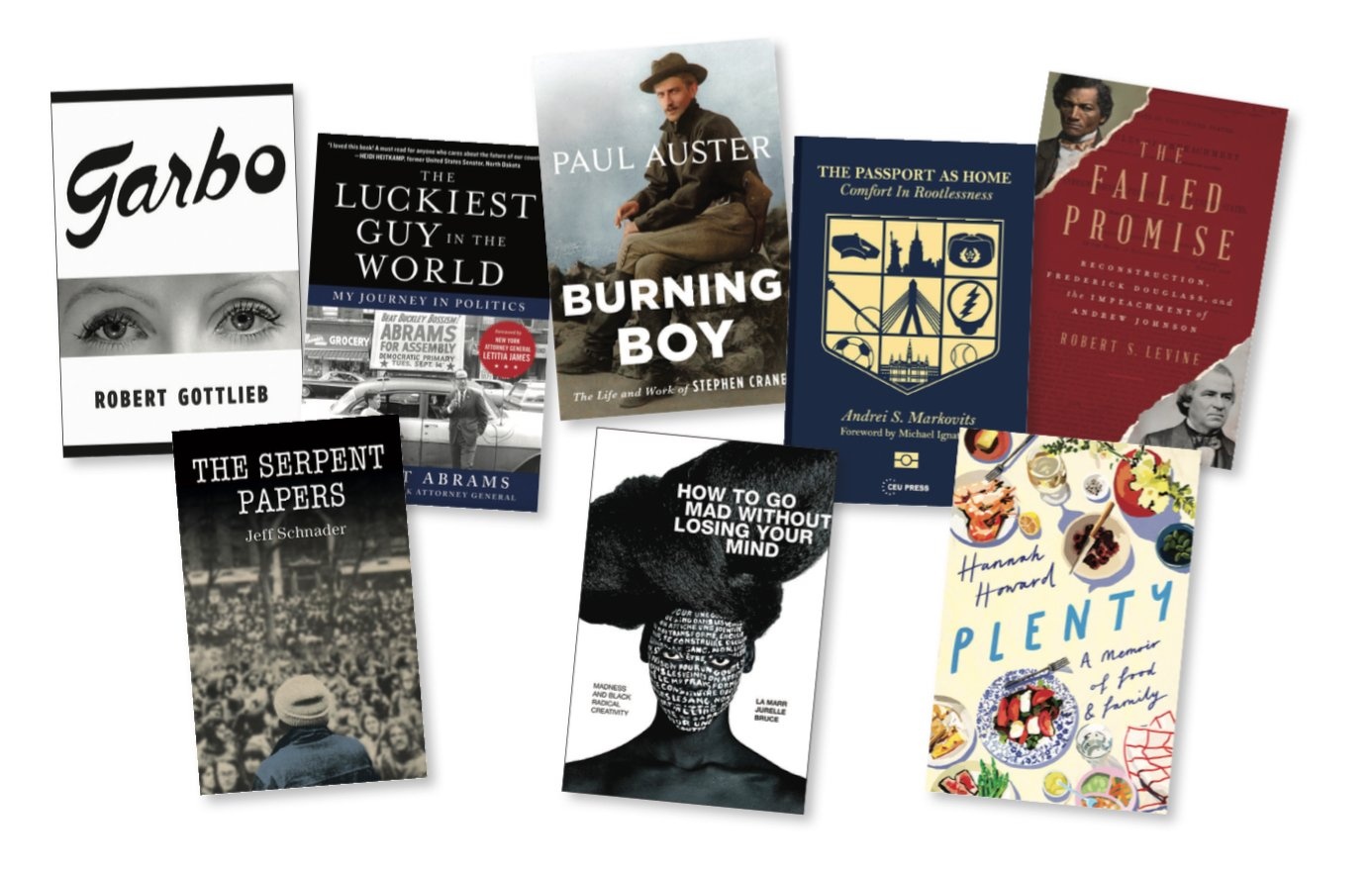
First Letters After Exile by Thomas Mann, Hannah Arendt, Ernst Bloch, and Others by David Kettler ’51 and Detlef Garz. Letters between exiles from Nazi Germany and former colleagues and friends provide unique insights into the aspirations, hopes and fears of both sets of writers (Anthem Press, $40 Kindle edition).
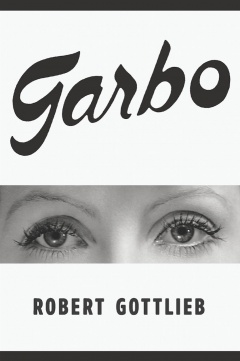
The Side of the Moon by Dr. Irvin D. Milowe ’53. The second collection of poetry from Milowe, a psychiatrist, psychoanalyst and professor (independently published, $10).
The Brief and Glorious Reign of King Frederick the Brave by Lewis Segal ’56. In this novel, an ordinary man is drawn into the 1956 uprising of the Hungarian people against oppression by the Soviet Union (Dorrance Publishing Co., $21.08).
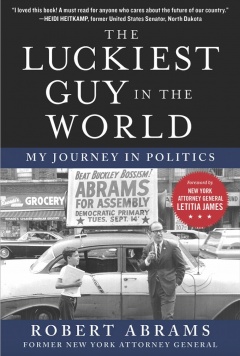
Future Memories by William Tanenbaum ’60. In this novel, three Jewish students escape Poland in 1940 and take refuge in Shanghai (Page Publishing, $15.95).
Laertes in America: Collected Poetry 2018–2020 by Stephen M. Honig ’63. Honig’s fourth book of poetry considers the struggling state of America, the tensions of modern life, the impact of nature and the search for self and for God (Stephen M. Honig, $14.95).
Death Tango: Ariel Sharon, Yasser Arafat, and Three Fateful Days in March by Yossi Alpher ’64. Alpher analyzes the events of March 27–29, 2002 as being a catalyst of extensive change in the Middle East (Rowman & Littlefield Publishers, $36).
Empire of Ruins: American Culture, Photography, and the Spectacle of Destruction by Miles Orvell ’64. An exploration of how photographers, writers, painters and filmmakers respond to ruin — abandoned factories, toxic landscapes, and devastation from fires, hurricanes and floods — in an effort to make sense of the past (Oxford University Press, $45).
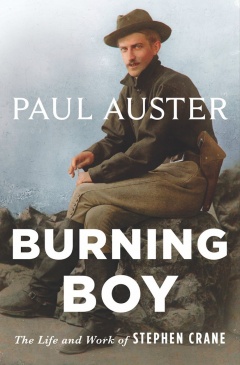
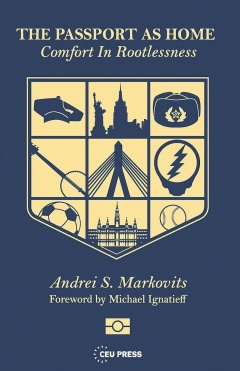
The Abalone Ukulele: A Tale of Far Eastern Intrigue by R.L. Crossland ’70. In this historical maritime novel, Crossland, a former Navy SEAL officer, tells the story of four cultures colliding in 1913 Shanghai (New Academia Publishing/The Spring, $26).
Travels in Africa: A Year by Land Rover Through the Great Continent by Fred Abramowitz ’73. Feeling that life was passing him by, in 1987 Abramowitz left his job as a lawyer and took off for the journey of a lifetime (Respondeo Books, $22.95).
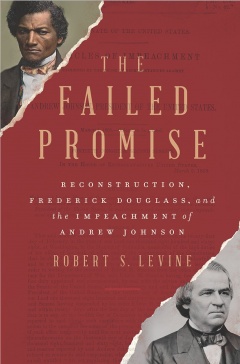
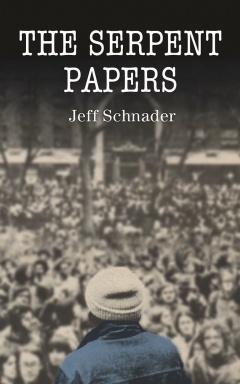
In the Aftermath of Pandemic: Interpersonal Therapy for Anxiety, Depression, and PTSD by Dr. John Markowitz ’76. This accessible treatment manual enables psychotherapists to use interpersonal psychotherapy to address the psychological consequences of the Covid-19 pandemic and other large-scale disasters (Oxford University Press, $29.95).
Windows on a War: The Korean War as Seen by Peter Koerner, USAF, 1950–1953 by Mark Koerner ’79. In letters to his parents, Peter Koerner chronicles his journey from Portland, Ore., to Kadena AB on Okinawa (Mark Koerner, $15.95).
The New Ph.D.: How to Build a Better Graduate Education by Leonard Cassuto ’81 and Robert Weisbuch. The authors argue that universities should prepare graduate students for career options other than academic positions (Johns Hopkins University Press, $32.95).
In the Founders’ Footsteps: Landmarks of the American Revolution by Adam Van Doren ’84. An illustrated tour of historical sites from the original 13 colonies (David R. Godine, $38).
Hope Valley: A Novel by Haviva Ner-David ’91. Ner-David tells the story of two women, one Jewish-Israeli and one Palestinian-Israeli, who form an unlikely friendship (Bedazzled Ink Publishing Co., $16.41).
Titan of Tehran: From Jewish Ghetto to Corporate Colossus to Firing Squad — My Grandfather’s Life by Shahrzad Elghanayan ’94. The life of Habib Elghanian, the first civilian executed during Iran’s 1979 revolution (Associated Press, $26.99).
A Good Mother: A Novel by Lara Bazelon ’96. Bazelon’s debut novel is a legal thriller about two young mothers and a shocking murder that puts them both on trial (Hanover Square Press, $16.99).
An Open Secret: The Family Story of Robert and John Gregg Allerton by Nicholas Syrett ’97. How the man known as “the richest bachelor in Chicago” adopted his partner of nearly 40 years as his son — the first such adoption of an adult in Illinois history (University of Chicago Press, $17).
Many Points of Me by Caroline Gertler ’99. Gertler’s debut is about a sixth-grader’s experience of friendship, family, grief and creativity (Greenwillow Books, $16.99).
Pipe Dreams: The Urgent Global Quest to Transform the Toilet by Chelsea Wald ’00. Wald, an award-winning science journalist, describes a potential revolution in sanitation (Avid Readers Press/Simon & Schuster, $27).
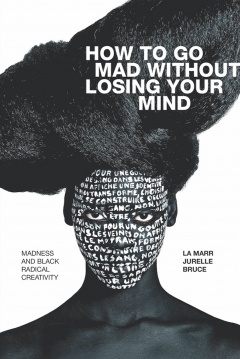
Virulent Zones: Animal Disease and Global Health at China’s Pandemic Epicenter by Lyle Fearnley ’05. An account of the search for the origins of influenza pandemics in China and the global plans to stop the next pandemic at its source (Duke University Press, $26.95).
The Unfinished History of the Iran-Iraq War: Faith, Firepower, and Iran’s Revolutionary Guards by Annie Tracy Samuel ’06. An innovative history of the Islamic Revolutionary Guard Corp, and an analysis of the links between war and revolution (Cambridge University Press, $99.99).
If You, Then Me by Yvonne Woon ’06. In this coming-of-age story set in Silicon Valley, a teen designs an artificial intelligence app to answer questions about her future self (Katherine Tegen Books, $17).
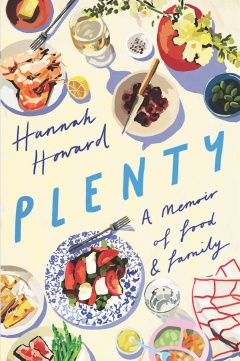
— Jill C. Shomer
Issue Contents
Published three times a year by Columbia College for alumni, students, faculty, parents and friends.
Columbia Alumni Center
622 W. 113th St., MC 4530, 6th Fl.
New York, NY 10025
212-851-7852
cct@columbia.edu
Columbia Alumni Center
622 W. 113th St., MC 4530, 4th Fl.
New York, NY 10025
212-851-7488
ccalumni@columbia.edu

